From the headmistress’ desk: 19 July 2019
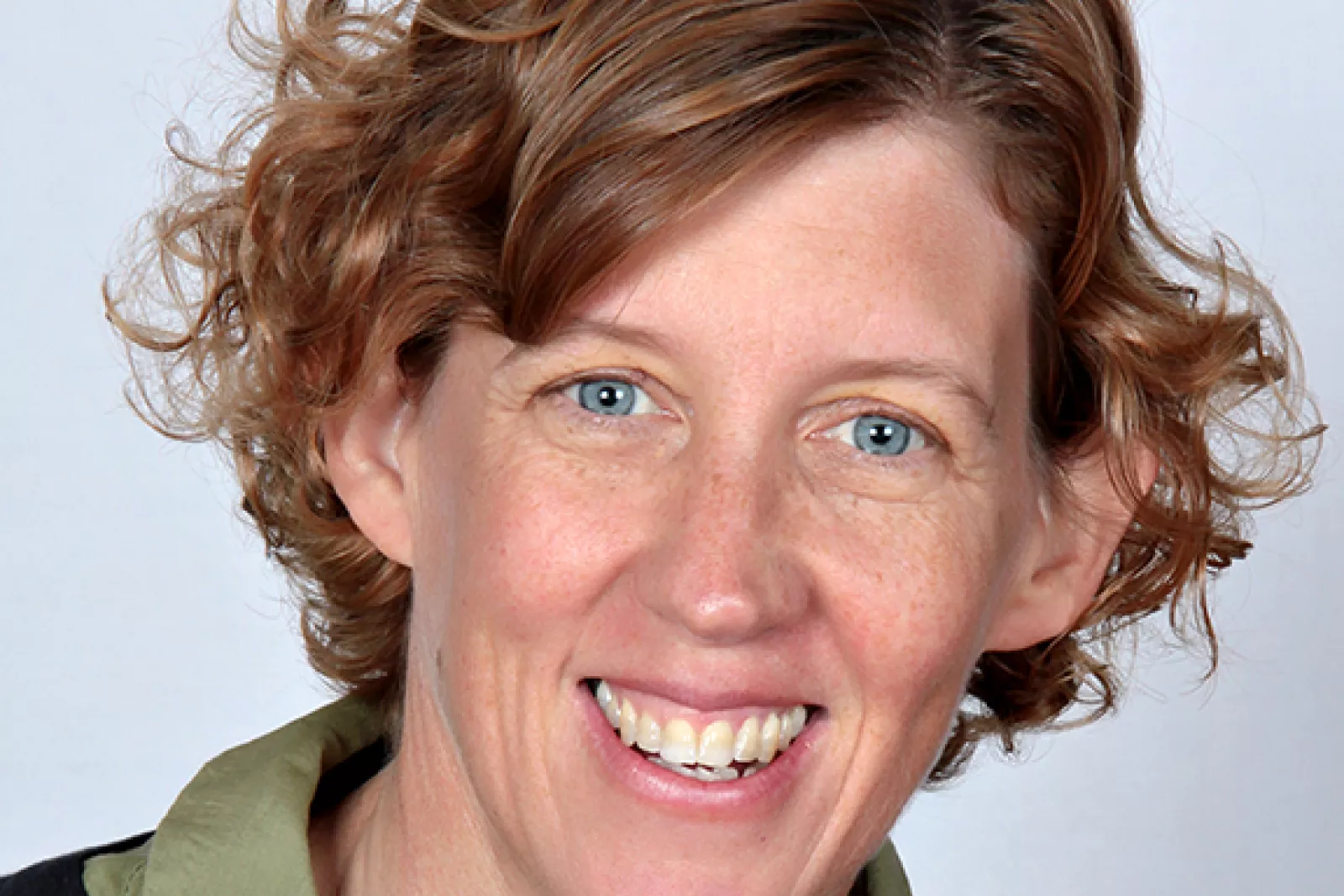
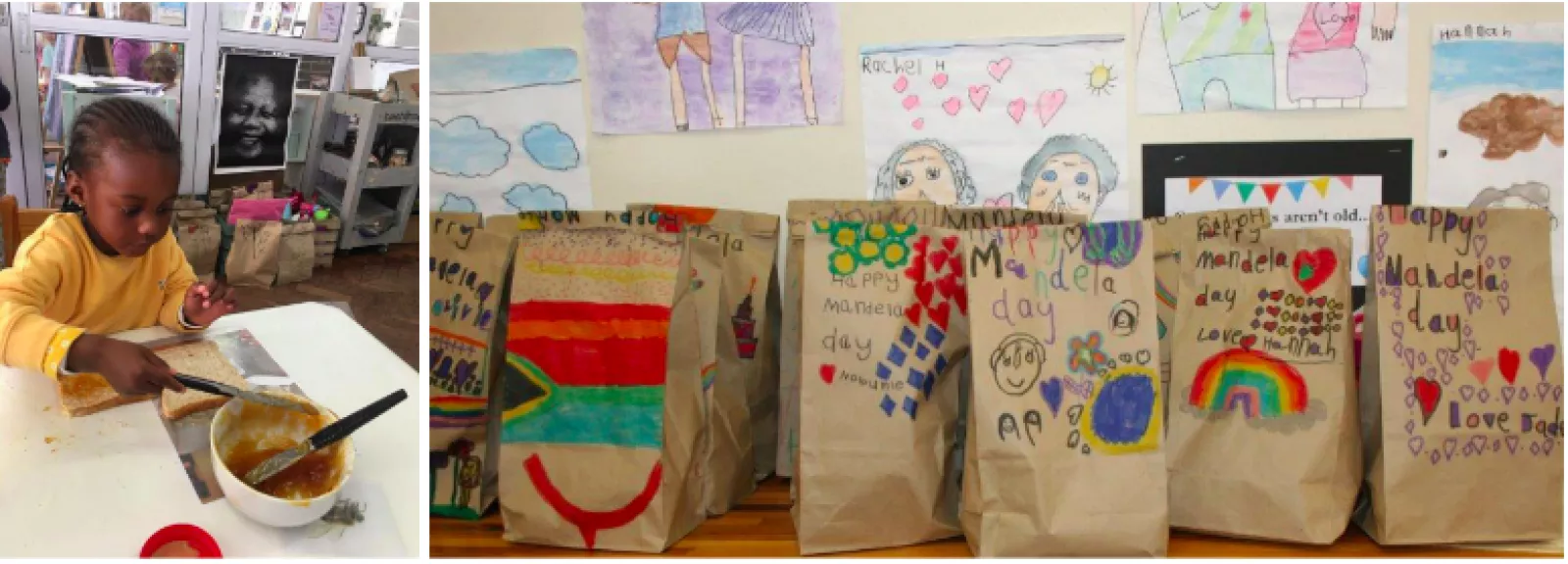
Dear parents
By the time you read this, the Junior School will have hosted its first Grades 4 and 5 storytelling evening, we will have participated in our Mandela Day activities, including the Ikusasa Lethu clothing drive, and the Junior School teacher-parent interviews, for the most part, will be done. Studium Apertum, the day of public discussion held in the Senior School, will be a week-old memory, as will the five-set, four-hour-and-57-minute men’s Wimbledon final that dominated headlines around the world. Even more thrilling for a girls’ school audience is the memory of 15-year-old Cori Gauff’s performance and the promise she holds for international tennis with what one New York Times columnist called her “uncommon court sense for a player of any age”.
Among all of this, I want to pick up on what Sarah Nuttall (literature professor, director of WISER) said about the function of schools in her talk, “Re-imagining schools,” at Studium Apertum, particularly her description of them as conservative institutions.
The idea of schools as conservative places, as in places that conserve knowledge, including traditions of learning and other practices and preferences, is not new. Nuttall’s mention of it, however, is timely, considering the pressure on schools and other academic institutions to innovate, to change, and to reinvent themselves. It is easy to forget, in all the noise generated by fashionable simplifications of complex, exciting ideas like disruption and decolonisation, that schools have a responsibility to preserve, thoughtfully, aspects of what they offer, and have offered, for generations of future students. An article published in last week’s Sunday Times on the choice of digital or print textbooks for school pupils foregrounds the surprisingly persistent demand for hard-copy texts and the equivocal response from students to the proposal that educational institutions switch entirely to digital resources. Of course, this is one small extract from a far larger debate, one that should include environmental concerns, but it serves as a constructive reminder to us all of the importance of implementing change with integrity and care.
To ensure, as far as possible, that our school is a place of good change, we need to be attentive to maintaining the always delicate balance of conservation and innovation by listening, especially, to the girls we teach. I worry that, too often, their voices get lost in conversations among adults demanding solutions and recognition from each other. Listening intently to children is no easy thing: also mentioned in Nuttall’s talk was the psychoanalytic notion of inter-generational trauma – trauma, in other words, that is carried from one generation to another on a cellular level and that shapes the ways in which we see and experience the world. What this means is that we are never dealing with one narrative only and that the children we teach cannot be viewed as self-identical beings. I think we know this on an intuitive level, but I am not sure we give it enough weight in our daily observations and interactions.
Nuttall’s coupling of this notion with the phenomenon of neural plasticity, the ability of the brain to reorganise pathways and create new connections in response to experience, should amplify how profoundly teachers and parents can influence children, the way they think about themselves and others, and the way they relate to the world.
Dr Sarah Warner
Junior School headmistress
Related News
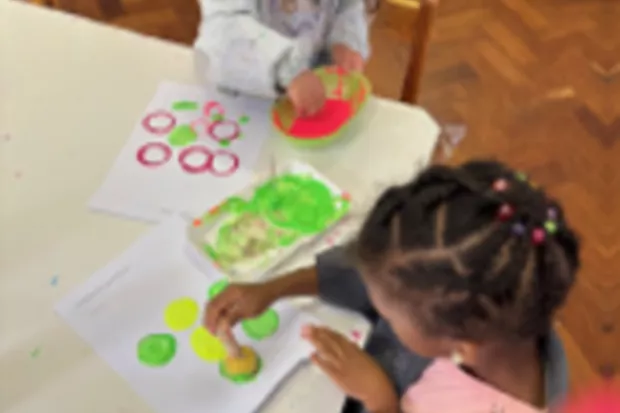
Little Saints News
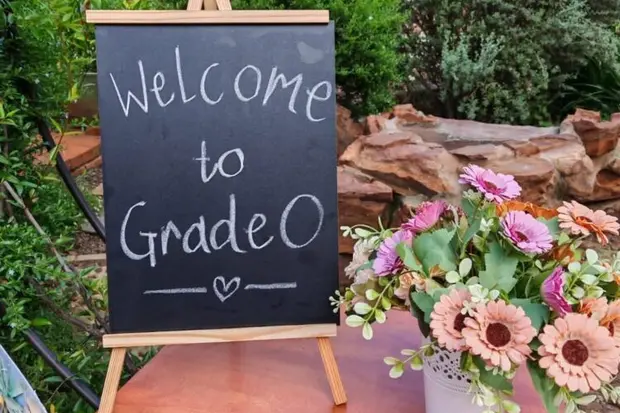
Grade 0 News
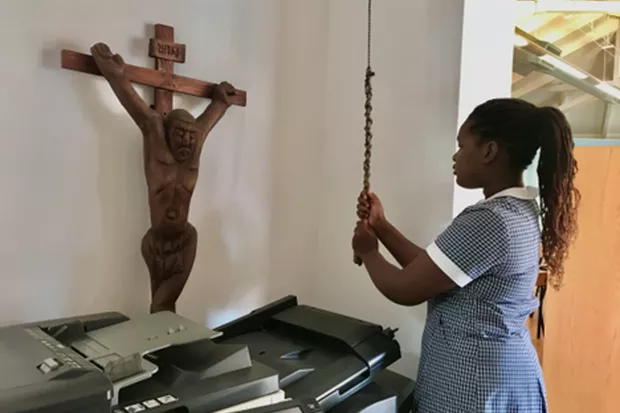
Grade 7 News
